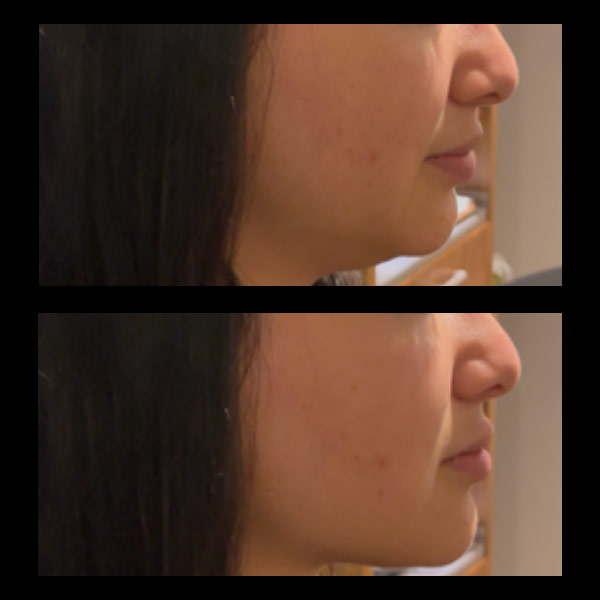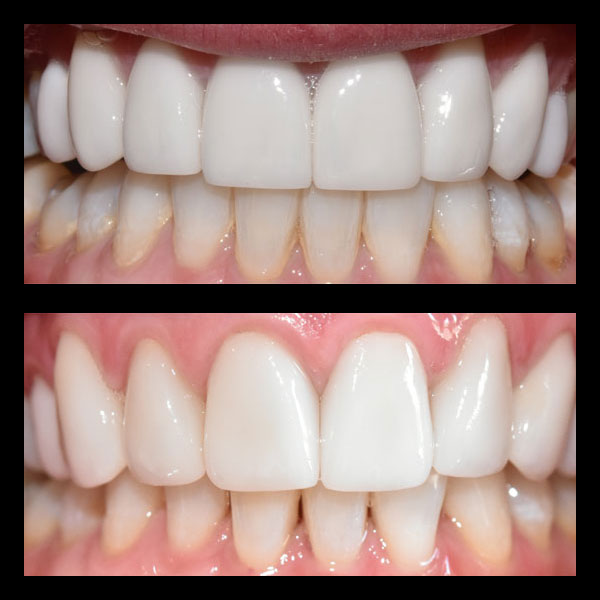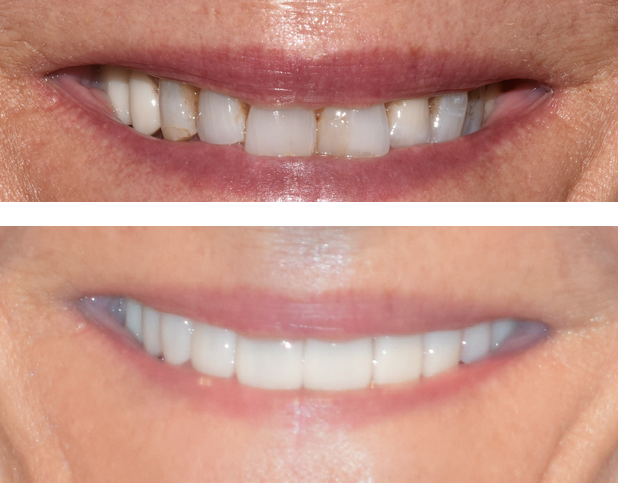 The human mouth is a bustling hub of activity, and everything that enters leaves its mark. What you eat and drink carries a significant impact on your oral health. Indeed, your teeth and gum’s well-being can hinge on your food choices and consumption frequency. The foods you eat, especially those high in vitamins and minerals, can promote healthy, robust teeth and gums, making them vital for the smile diet.
The human mouth is a bustling hub of activity, and everything that enters leaves its mark. What you eat and drink carries a significant impact on your oral health. Indeed, your teeth and gum’s well-being can hinge on your food choices and consumption frequency. The foods you eat, especially those high in vitamins and minerals, can promote healthy, robust teeth and gums, making them vital for the smile diet.
We all grasp the importance of regular brushing, flossing, and routine dental check-ups, yet the significant impact of nutrition on oral health often slides under the radar. A balanced diet does more than boost your general health–it also aids in the health of a shining, radiant smile.
Nutrition and Oral Health: A Vital Connection
Every time you eat or drink, your teeth encounter these substances first. Diets high in sugar and acid will gradually erode your tooth enamel, leading to decay and other oral health issues. Alternatively, a diet packed with nutrients can provide protection for your teeth and gums. Specific vitamins and minerals, necessary for your body to resist infections and diseases, also contribute to oral health.
Minerals such as calcium and phosphorus fortify your tooth enamel, making it more decay-resistant. Vitamins like C and D are vital for promoting gum health and enhancing mineral absorption. Calcium is abundant in dairy products, leafy greens, nuts & seeds, tofu, and fortified foods. Phosphorus, another essential mineral found in proteins like meat, eggs, and beans, works with calcium to build strong teeth and bones.
Vitamin A aids saliva production, which cleans and moistens the mouth, while Vitamin C maintains gum health. Vitamin D promotes healthy bones and aids in calcium absorption. Fluoride is also a great preventative for tooth decay and fortification of teeth against acids. An insufficiency in any of these nutrients can trigger a multitude of oral health problems.
Crunchy Fruits and Veggies: The Natural Tooth Cleaners
Even though daily brushing and flossing are non-negotiable, nature offers a tasty way to supplement your oral hygiene. The natural crunchiness of foods such as apples, carrots, celery, and cucumbers, serve the function of mildly brushing your teeth. The texture of these foods scrubs your teeth as you chew, removing plaque and food particles. Additionally, their high water content dilutes sugars and triggers saliva production, aiding in the removal of food particles and neutralizing harmful acids.
Though not crunchy, leafy greens are extremely calcium-rich and will enhance your teeth enamel. Plus, they contain folic acid, a B vitamin with several health benefits, including potential gum disease treatment.
Opting for crunchy fruits and vegetables as a snack does more than provide essential nutrients to your body. It actively contributes to a healthy smile and integral in your smile diet. So, next time you want a snack, think about grabbing a carrot or an apple. Your body and teeth will appreciate it!
The Importance of Hydration for Oral Health
Hydration plays a crucial role in maintaining a healthy smile. Though often overlooked, water intake directly impacts oral health. It not only aids saliva production but also helps wash away food particles and dilute bacteria-produced acids. Drinking fluoridated water can further strengthen your teeth against decay. Regularly sipping water throughout the day keeps your mouth clean and promotes a healthier oral environment and is vital for the smile diet.
More than just moisture, saliva is your body’s defense system for your teeth and gums. It breaks down food, rinses away leftover particles, neutralizes harmful acids, and replenishes essential minerals. Its acid-neutralizing capacity is so powerful that it can even help reverse early signs of tooth decay. Interestingly, saliva is around 99% water, making hydration essential for maintaining healthy saliva levels. Insufficient water can lead to dry mouth, the perfect breeding ground for bacteria, causing bad breath, tooth decay, and gum disease.
Drinking water isn’t just about quenching your thirst or staying hydrated. It’s a key factor in maintaining a healthy, radiant smile. Ensuring you’re drinking enough water every day is a simple yet effective way to keep your teeth and gums healthy.
Foods that Promote Dental Well-being
The Oral Health Benefits of Green and Black Tea
Green and black tea, surprisingly, offer numerous oral health benefits. They contain compounds known as polyphenols that combat harmful mouth bacteria, reducing the risk of cavities and gum disease. These teas also have the ability to inhibit the proliferation of bacteria responsible for halitosis. Despite their slightly acidic nature, drinking them in moderation without added sugar is key to reaping their oral health benefits.
Improve Your Smile with Dairy
Dairy products like milk, cheese, and yogurt are excellent sources of calcium and Vitamin D, essential for optimal oral health. They not only add a delicious touch to your meals but also strengthen your teeth’s structure. The calcium in dairy aids in keeping your gums healthy, improving your overall oral health.
Lean Proteins: Beneficial for Teeth
Lean proteins like chicken, turkey, and fish are phosphorus-rich, a mineral that works with calcium to build strong teeth and bones. Eggs also offer essential nutrients like Vitamin D and calcium, enhancing your body’s absorption of calcium and phosphorus, thereby strengthening your teeth. Balance is crucial, so aim to include these nutrient-rich sources in a diverse diet.
Fruits and Vegetables Rich in Vitamin C
Foods like kiwi, bell peppers, and strawberries are not just delicious but are also powerhouses when it comes to promoting oral health. Rich in Vitamin C, these foods play an essential role in strengthening gum tissue, reducing the risk of inflammation and disease. Vitamin C also aids in collagen synthesis, crucial for maintaining the integrity and resilience of gums, ensuring they effectively anchor teeth in place. A deficiency in this vital nutrient can lead to weakened gums, making them more susceptible to bacterial infections and gum diseases.
Whole Grains: A Defense Against Gum Disease
Whole grains offer a plethora of benefits for general health, but their advantages for oral well-being are often overlooked. Consuming whole grains like oats, quinoa, barley, and brown rice can contribute to healthier gums and a reduced risk of gum disease. Rich in complex carbohydrates, fiber, and essential nutrients, whole grains lead to a more gradual increase in blood sugar, promoting a balanced oral environment. Furthermore, Vitamin B and antioxidants found in whole grains help strengthen the tissues in the mouth against bacterial infections and inflammation.
Foods to Limit or Avoid Altogether in Your Smile Diet
Sugary Foods and Drinks
Sugary foods and drinks contribute greatly to tooth decay. Consuming these leads to bacteria in your mouth breaking down the sugar, producing acids that attack your teeth’s enamel. Over time, this results in tooth decay. Major sources include candy, cookies, pastries, soda, sweetened teas, and fruit juices. Moderation and proper dental hygiene after consumption are key.
Acidic Foods
Acidic foods and drinks, like soda or lemonade, pose a significant threat to our teeth. Consuming these items leads to an acid attack on our tooth enamel – the hard, protective outer layer of our teeth. This consistent exposure to acid initiates the breakdown of enamel, a process called demineralization. Over time, this can result in tooth sensitivity, discoloration, and even cavities.
Despite containing no sugar, acidic foods can still harm your tooth enamel. Some citrus fruits, pickles, and tomatoes are healthy but high in acidity. When these foods touch your teeth, they can erode the enamel, potentially causing sensitivity and cavities. To avoid further damage, refrain from brushing your teeth for 30 minutes after consuming these types of foods.
Alcohol
Alcohol consumption can harm your oral health. Alcoholic drinks can cause dry mouth, reducing saliva that neutralizes harmful acids. Regular and heavy alcohol consumption can heighten your risk of gum disease and tooth decay. Excessive alcohol consumption can even lead to oral cancer. Remember to drink plenty of water while consuming alcohol to maintain a moist mouth environment.
Sticky and Hard Foods
Sticky foods like dried fruits, caramel, and some candies can stick to and between your teeth, creating a favorable environment for mouth bacteria. Tooth decay can be accelerated by this. Hard foods, such as hard candy or ice, can physically damage your teeth, leading to chips or breaks. Opt for less sticky alternatives and avoid chewing on ice or other hard objects.
Prevent Damage from Acidic and Sugary Foods
Reducing the intake of sugary drinks like soda and fruit juices and drinking more water is a good start. Avoid constant sipping or snacking on acidic or sugary items as this allows saliva to neutralize the acids and start remineralizing your tooth enamel.
It’s also essential not to brush your teeth immediately after consuming something acidic. Acid softens the enamel, and brushing right away can exacerbate the damage. Wait about 30 minutes after eating or drinking to allow your saliva time to neutralize these acids. You can also chew sugar-free gum after meals which can help reduce acid levels.
Boost Your Oral Health with The Smile Diet
Achieving a healthier, brighter smile relies on easy, educated dietary decisions. Your diet significantly affects your oral health, so why wait to make beneficial changes? Incorporate nutrient-rich foods into your meals, control your intake of sugar and acidic foods, and stay hydrated. This way, you enhance not only your general well-being but also lay the foundation for an amazing smile.
Book an appointment today at Incredible Smiles for a full dental check-up. Let’s team up to ensure your dietary habits and dental routines promote optimal oral health. After all, a healthy smile means a happy one!








